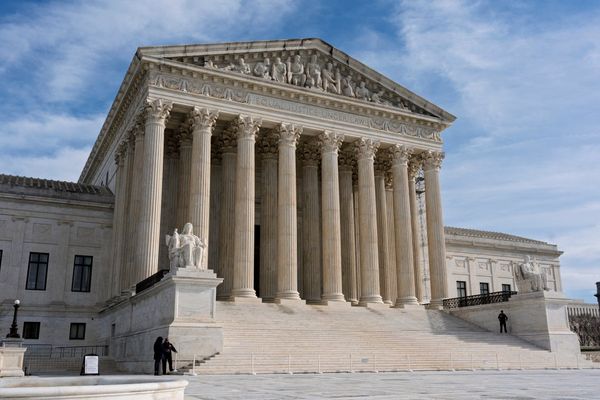
The UK Government wants to give cash directly to Scotland’s councils as it looks to replace European Union funding in the wake of Brexit.
While Scotland’s 32 local authorities receive the bulk of their money from the Scottish Government, Levelling Up Secretary Michael Gove set out his intention for funding from the UK’s new Shared Prosperity Fund to be “directly allocated” to local government.
His comments came as Alison Evison, the president of the local government body Cosla, told a conference attended by both Mr Gove, and First Minister Nicola Sturgeon, that the “erosion” of council’s core budgets was the “biggest single challenge” facing local authorities.
Ms Evison used her speech to an online Cosla conference to speak out about both funding and the “increasing centralisation” of services.
We are replacing the old EU structural funds with our new £2.6 billion UK Shared Prosperity Fund. That money will go straight to local councils in Scotland
With the UK Government looking to replace cash from EU structural fund with new alternatives, Mr Gove said it was his intention that this should go “straight to local councils in Scotland”.
He told the conference: “We are replacing the old EU structural funds with our new £2.6 billion UK Shared Prosperity Fund.
“That money will go straight to local councils in Scotland so that they can invest in local priorities, improve communities and place, people and skills and supporting local business.”
He told council leaders that the UK Government would work with them, Scottish ministers and others “to make sure that funding works for local communities”.
The Tory stated: “It is my intention that that funding should be directly allocated to councils.”
But he told senior council representatives he would work with the Scottish Government on this.
Mr Gove also questioned if “more might be done to empower local communities from Holyrood”.
His comments came as the Cosla president insisted “only properly and sustainably funded local government” can deliver for people across the country.
Ms Evison, who is quitting Labour to fight the May council elections as an independent candidate, added: “The erosion of our core budget is probably the biggest single challenge facing local government today.”
She also told how local authorities are “continuing to see an increasing centralisation of service”, claiming this has resulted in more and more spending decisions being “centrally directed” by Holyrood ministers.







